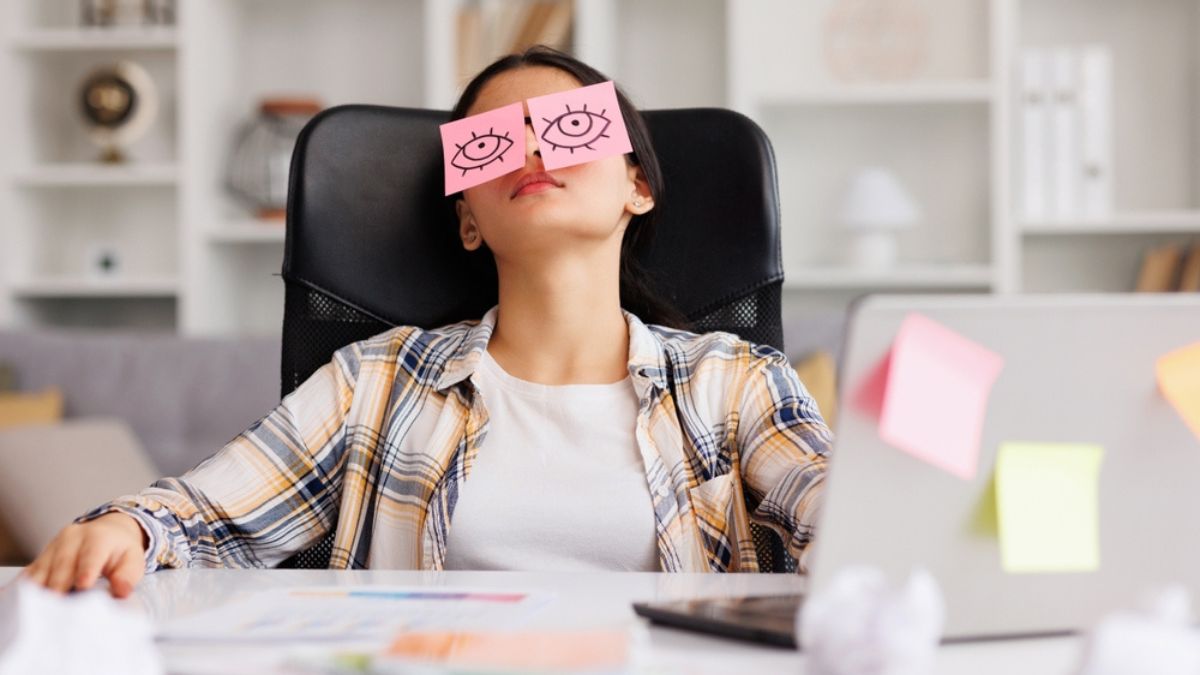Generation sleepless: Exploring Gen Z's sleep crisis and finding solutions
 Representative image
Representative image
Are you familiar with that amazing feeling of sleeping all night and waking up refreshed? Yeah, neither does Gen Z. What was once a basic human routine has become a distressing challenge, especially for today's youth.
While memes or jokes about constantly being tired, lack of sleep, and health concerns have become the bonding point for Gen Z, there’s a less funny reality behind it. Sleep deprivation has become a silent epidemic, significantly compromising health.
Health impacts
Sleep deprivation can lead to numerous health impacts such as irritability, mood swings, lack of focus or attention, poor memory, impaired cognitive function, increased stress, fatigue, and decline in productivity. It also paves the way for long-term illnesses like obesity, insomnia, and cardiovascular diseases. Sleep quality also significantly influences one’s mental health and may contribute to the development of mental health issues such as anxiety, depression, or stress.
Why does Gen Z lack Zzz’s?
Gen Z is more likely to stay up late due to prolonged technology use and digital dependency, influenced by FOMO (fear of missing out) and the constant urge to stay updated. The constant use of screens and blue light exposure disrupts melatonin production, a hormone that regulates our circadian rhythms and natural sleep-wake cycles. As a result, youngsters find themselves struggling to attain the essential 7-9 hour sleep. Between doomscrolling, late-night binge-watching, and chatting, sleep often takes a second seat.
But here’s the irony, to solve the tech-induced insomnia, we turn to, more tech. While some use sleep aids such as melatonin tablets, most non-drug sleep aids like meditation apps, sleep music, blue-light filtering apps, and sleep tracking wearables promote sleep health but increase dependency on digital technology, fueling screen addictions.
So, is there a way to fix things? Yes!
Sleep health is influenced by both bedtime habits and our overall lifestyle. Good sleep hygiene may seem basic, but it's effective.
Tips for better sleep:
- Choose a mattress that suits your comfort needs
- Avoid screens at least 1 hour before bedtime
- Limit caffeine 6–8 hours before sleep; avoid alcohol and heavy meals 2–3 hours before bedtime
- Stay physically active during the day
- Set a consistent bedtime routine
- Keep the bedroom cool and use dim lighting
- Try sleep aids like an eye mask, scented candles, warm baths, or calming music
Maintaining good sleep health is crucial for physical, cognitive, and emotional well-being, promoting better social relationships and overall quality of life. So in the era of hustle culture, maybe the smarter choice is to catch that eight-hour beauty sleep after all.
Health